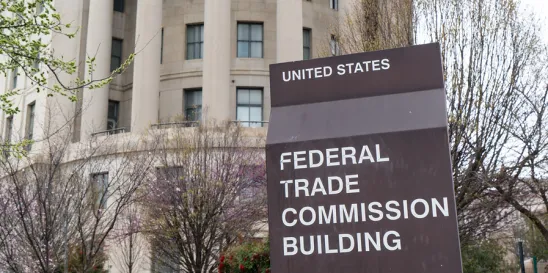The Federal Trade Commission Bureau of Consumer Protection welcomes an open dialogue with parties cooperating with its investigations. According to FTC attorneys, such dialogue allows the agency to make more informed decisions on whether to recommend an enforcement action and, if so, whether such an action can be resolved without the need for protracted litigation.
However, the Federal Trade Commission is also mindful of and believes that delays in investigations can undermine the public interest by allowing alleged lawbreaking to continue and by depriving consumers of redress for harms they may have suffered. Consequently, the FTC has made it clear that while substantive engagement is welcome and constructive, the FTC is prepared to pivot more quickly to litigation if undue delay comes at the expense of redress for consumers.
Delay causes particular concern to the agency in matters where the conduct extends beyond the statute of limitations period. In these cases, the FTC’s ability to provide refunds to injured consumers may be barred in whole or in part.
This risk has become more acute following the Supreme Court’s decision in AMG Capital Management, LLC v. FTC, 141 S. Ct. 1341 (2021). Because of AMG, the FTC can no longer seek monetary relief under Section 13(b) of the FTC Act, 15 U.S.C. § 53(b), which does not have a statute of limitation. Instead, the FTC must often rely on Section 19, 15 U.S.C. § 57b, which authorizes courts to order defendants to provide redress only when violations occurred within three years of the initiation of the Commission’s action. 15 U.S.C. § 57b(d).
To ensure that a constructive dialogue with parties does not come at the expense of justice for consumers, the Bureau of Consumer Protection – like many law enforcement agencies – routinely asks potential defendants and recipients of civil investigative demands (CIDs) to execute tolling agreements. According to the FTC, “when parties sign a tolling agreement, they get the time needed to collect and produce information relevant to the investigation, draft written submissions, and engage in dialogue with the Commission. And Commission staff can provide this additional time without impairing the Commission’s potential claims or relief. This increases the likelihood of achieving a pre-litigation settlement or closing the investigation in appropriate cases.”
It should come as no surprise that the FTC strongly encourages parties to sign tolling agreements when staff requests them. In situations where parties decline, agency management and staff will take this into account when presented with extension requests, including to respond to civil investigative demands, and meeting requests.
Furthermore, in cases where the Bureau is recommending that the Commission authorize the filing of a complaint, Commissioners may decline to take meetings with parties if such meetings would impair the agency’s goal of protecting the public. In such cases, the FTC may instead recommend that the Commission authorize the filing of a complaint in order to protect the interests of alleged harmed consumers.




 />i
/>i
